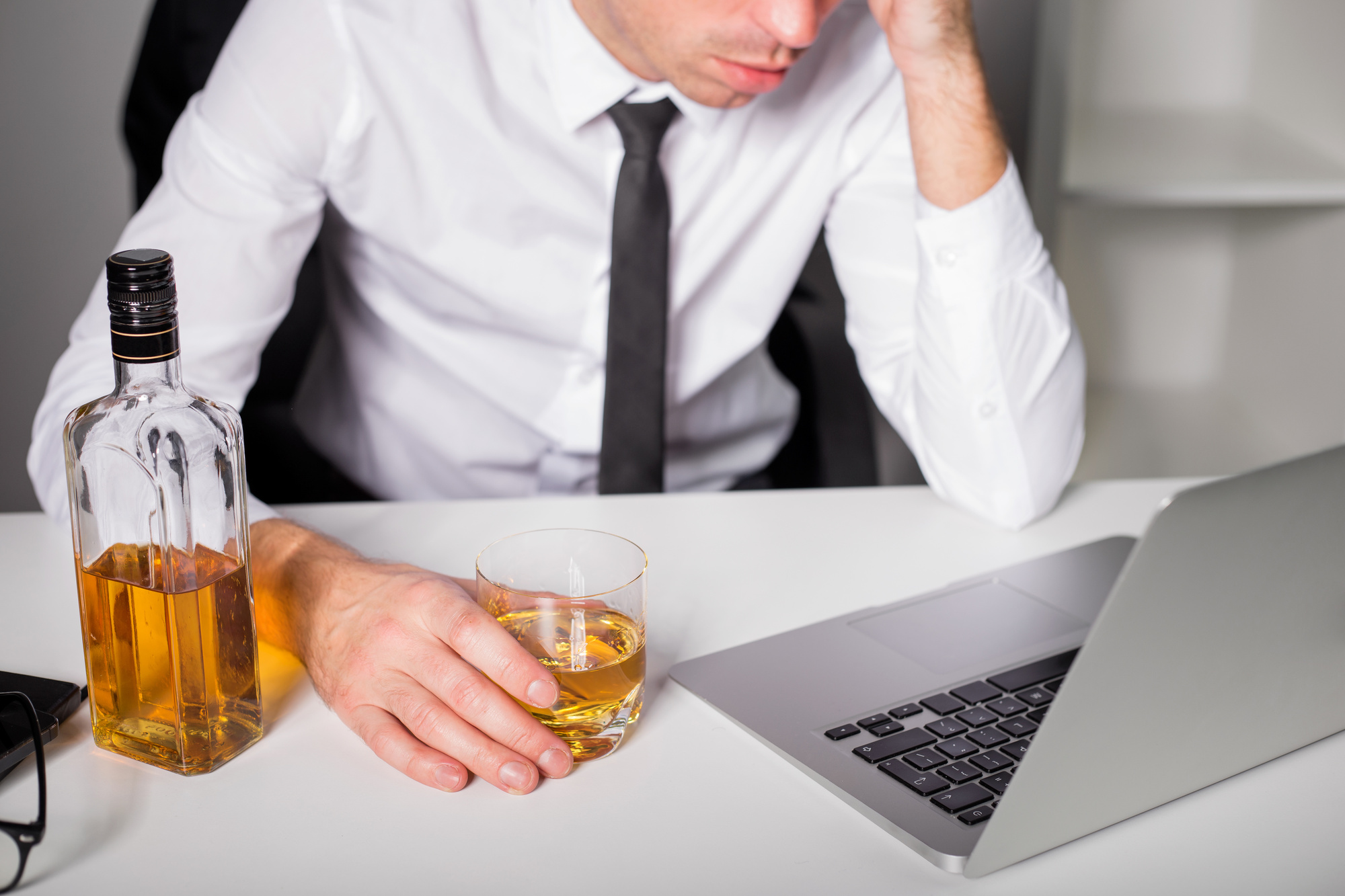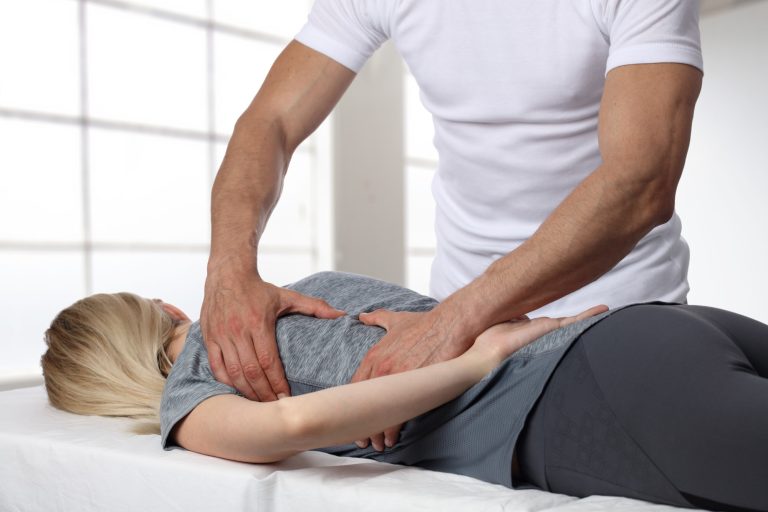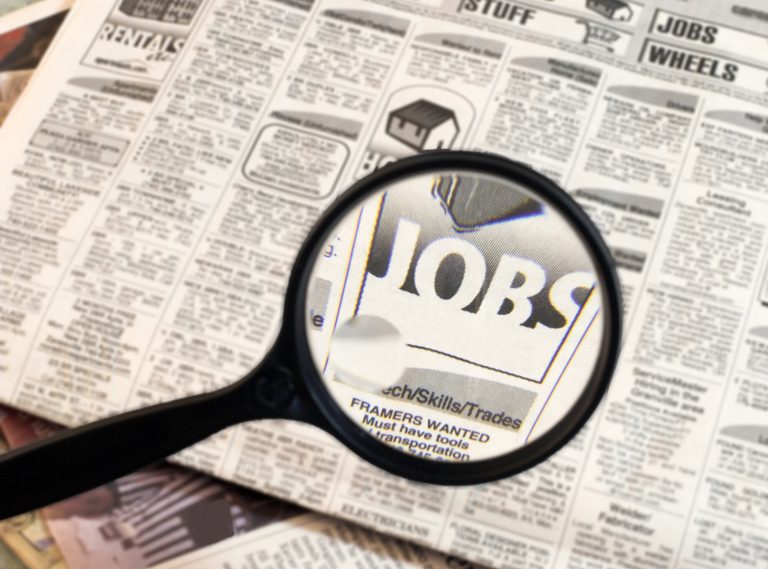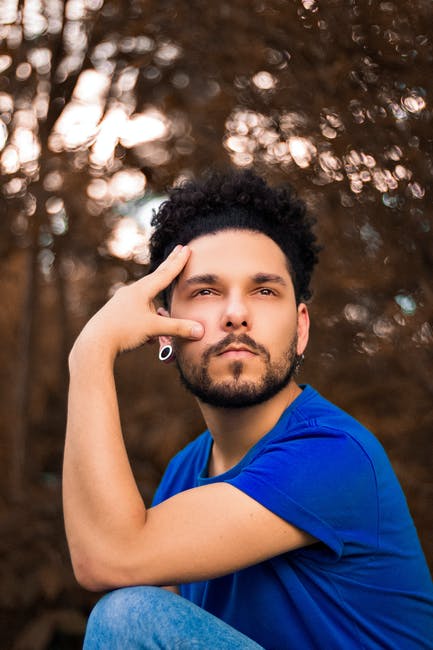The Beginning Stages of Alcohol Dependency

The Centers for Disease Control and Prevention (CDC) advises that more than 140,000 people die from excessive alcohol use in the U.S. each year. If you drink alcohol, you may be worried about your consumption and wonder if you’re developing an addiction.
Unfortunately, many people are unaware of the early signs of alcohol dependency. This can lead to their situation becoming worse, making it harder to stop drinking and potentially causing severe problems in their lives.
By learning about the clues that could point to alcohol addiction, you could be able to stop drinking and lead a sober life.
Read on to find out more about some of the initial indications of alcohol dependency.
Table of Contents
Hiding Your Drinking
It’s a worrying sign if you’re hiding your drinking from others. This could include concealing how much alcohol you’re consuming from your partner by telling them you’re drinking less than you really are. It could also be drinking alone and then hiding the evidence of empty bottles.
Although you may be reluctant to admit it, if you’re being deceptive about how much alcohol you’re drinking, deep down you may already know you have a problem.
Rather than allowing your alcohol dependency to gain a firmer hold, you can seek help at an addiction recovery center. Trained professionals can then offer support and work with you to free you from the grip of alcohol.
Drinking to Relieve Stress
It’s normal to feel stressed, and it’s not unusual for many people to have a glass of wine or a beer to relax at the end of a hard day. However, if you regularly need an alcoholic drink to help you unwind, this is a warning sign.
You could be dependent on alcohol and be unable to feel calm without first having a drink. This is an unhealthy situation, and you may need assistance to learn how to use more helpful coping methods such as meditation or exercise.
Making Risky Decisions
If you’re finding yourself taking chances that you usually wouldn’t take, drinking alcohol make be the cause of your dangerous decisions. This doesn’t have to be during an alcohol binge where you get drunk, as only one alcoholic beverage can lower your inhibitions.
You might not even initially recognize that your behavior is erratic. But if you begin to get involved in activities such as placing bets or making long-shot investments, it may be time to cut back on alcohol.
If friends or family comment that you seem to be taking more risks than normal, don’t disregard their concerns.
Drinking During the Day
It’s worth considering if you have an alcohol use disorder if you’re drinking at odd times of the day. For example, if you have your first alcoholic drink in the morning, this would seem too early for most people. In addition, if you have an alcoholic drink at lunch with a friend, this may be socially acceptable, but not if you then continue to drink until late into the night.
Should you find yourself drinking alcohol at times others find strange, this could be a red flag.
Damaging Your Relationships
Alcohol dependence can take a terrible toll on your personal and professional relationships. This may be because concerned acquaintances have noticed you are drinking a lot and you’ve reacted badly when they ask if you’re ok. If you don’t want to stop drinking, you may lash out so people won’t put pressure on your to reduce your alcohol intake.
Should you be consuming too much alcohol, you might also experience personality changes such as becoming more angry or sad. This can change how you interact with people and lead to relationship breakdowns.
Rather than blaming others if you have an argument, take the time to consider if your alcohol consumption could be a contributing factor.
Withdrawal Symptoms
Many types of addiction cause withdrawal symptoms when you try to quit, and they can be particularly unpleasant. A person suffering from alcohol dependence may experience some of these effects when they reduce or stop their intake.
For example, you may feel anxious and nauseous, and find it difficult to sleep. There can also be more serious withdrawal symptoms such as a racing heart, delusions, and hallucinations.
If you experience any of these issues when you stop drinking, it could be a sign that your body has become dependent on alcohol.
Failing When Attempting to Quit
Trying to quit can be one of the most challenging stages of addiction, and you may be surprised how difficult it is if you didn’t realize you were dependent on alcohol. For example, you might decide that you won’t drink anymore, only to find yourself buying alcohol the next day.
This can be disheartening as you may have thought you could stop anytime you wanted to. But if you are craving alcohol whenever you try to quit, and always end up having another drink, this can suggest you have an alcohol dependence problem.
Don’t Ignore These Signs of Alcohol Dependency
It’s vital to know the early signs of alcohol dependency. It may be time to take action if you notice you’re drinking alone, or using alcohol to relieve pressure in your daily life. You should also be concerned if you are prioritizing alcohol over your relationships, or if you’re experiencing withdrawal symptoms.
By seeking help, you can stop drinking and enjoy being sober.
If you’ve found this alcohol dependency post useful, be sure to read more of our helpful blog articles before you go.





